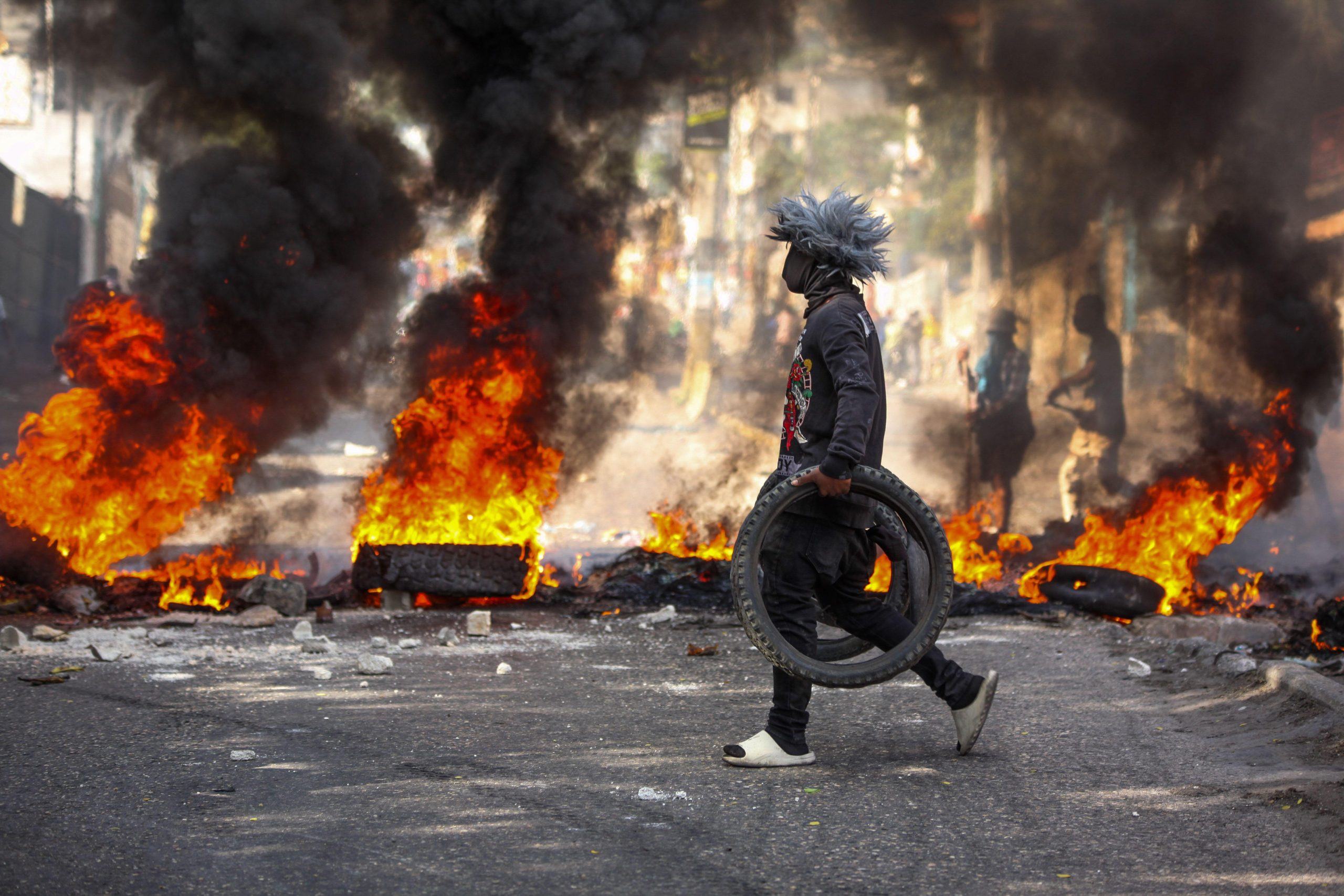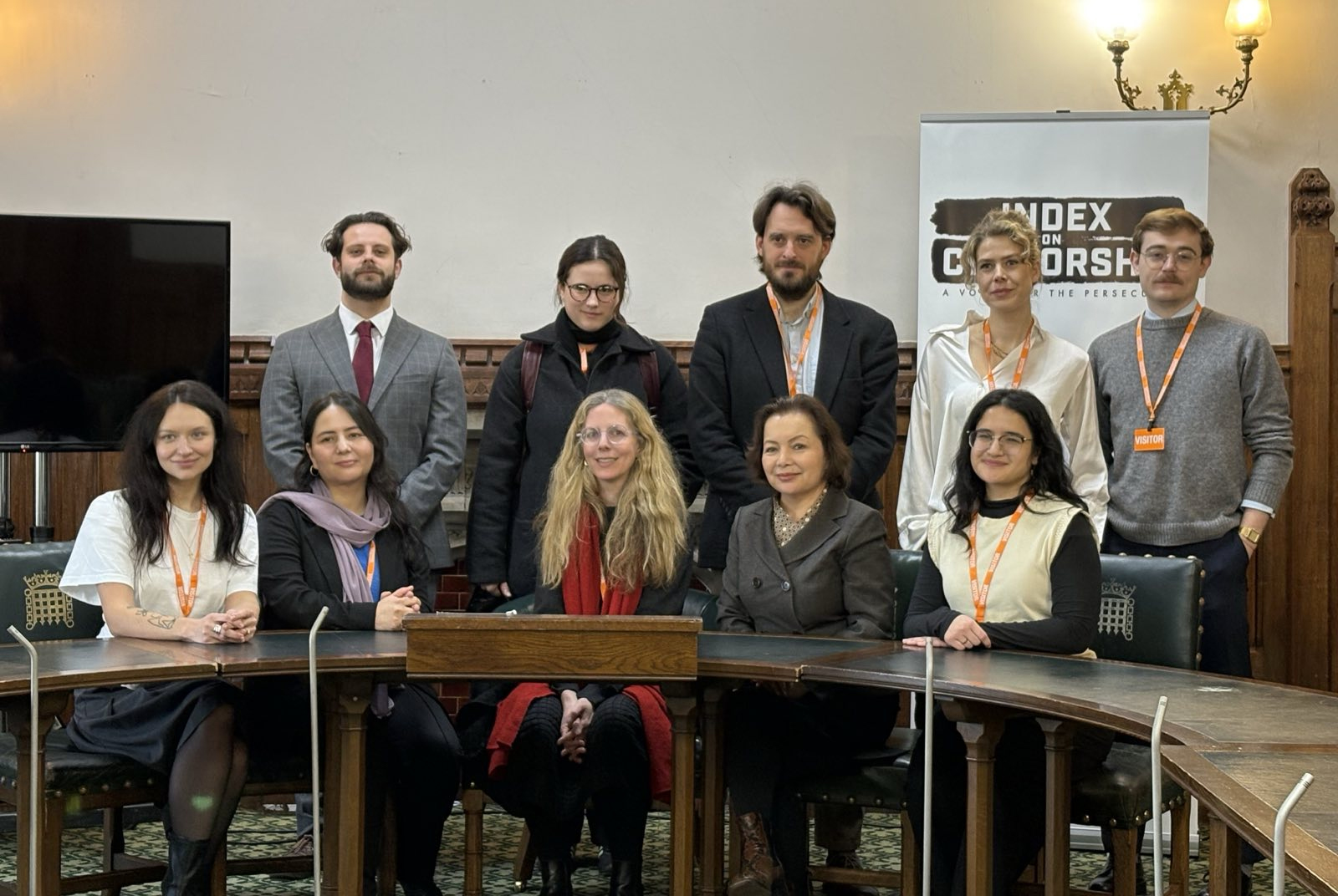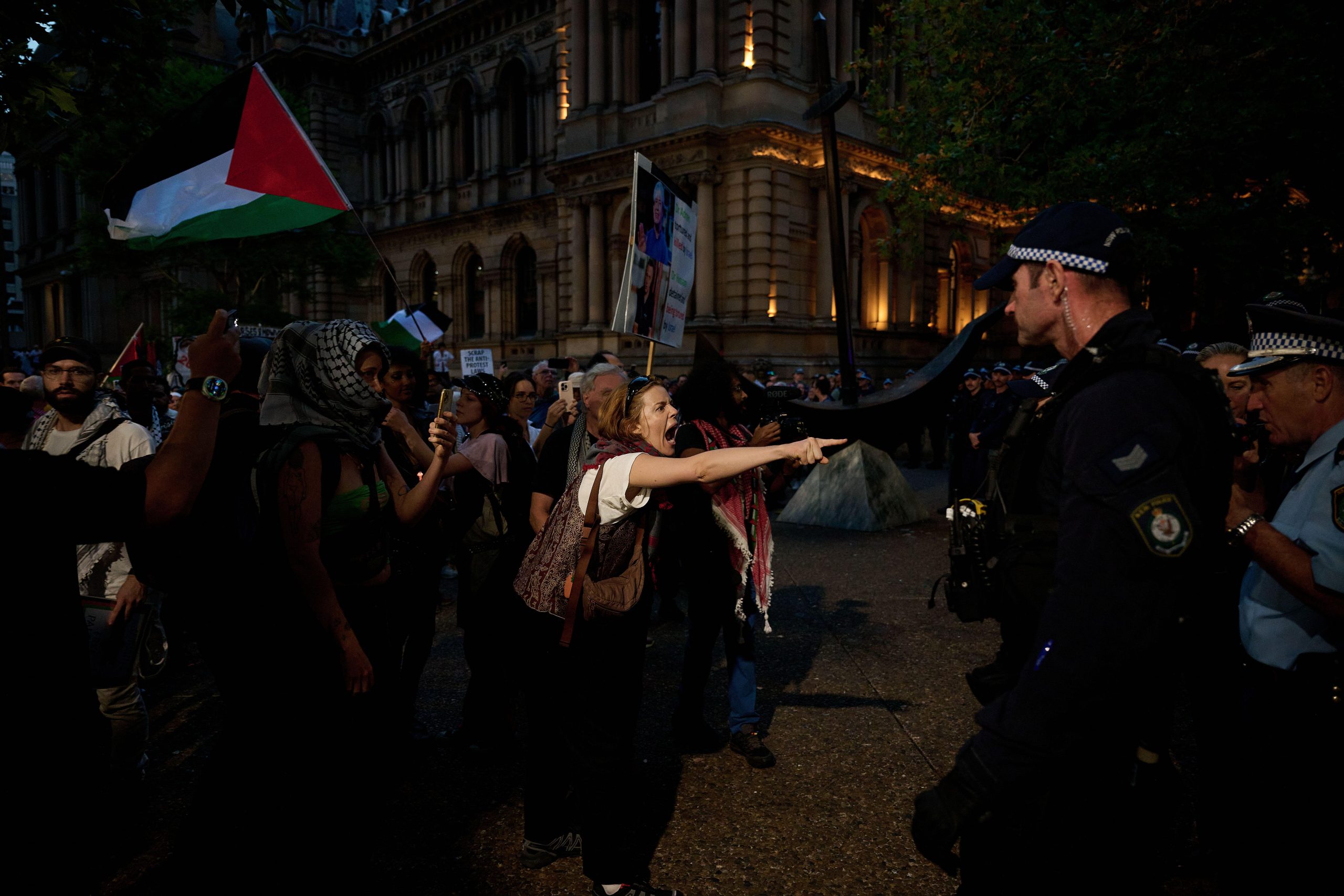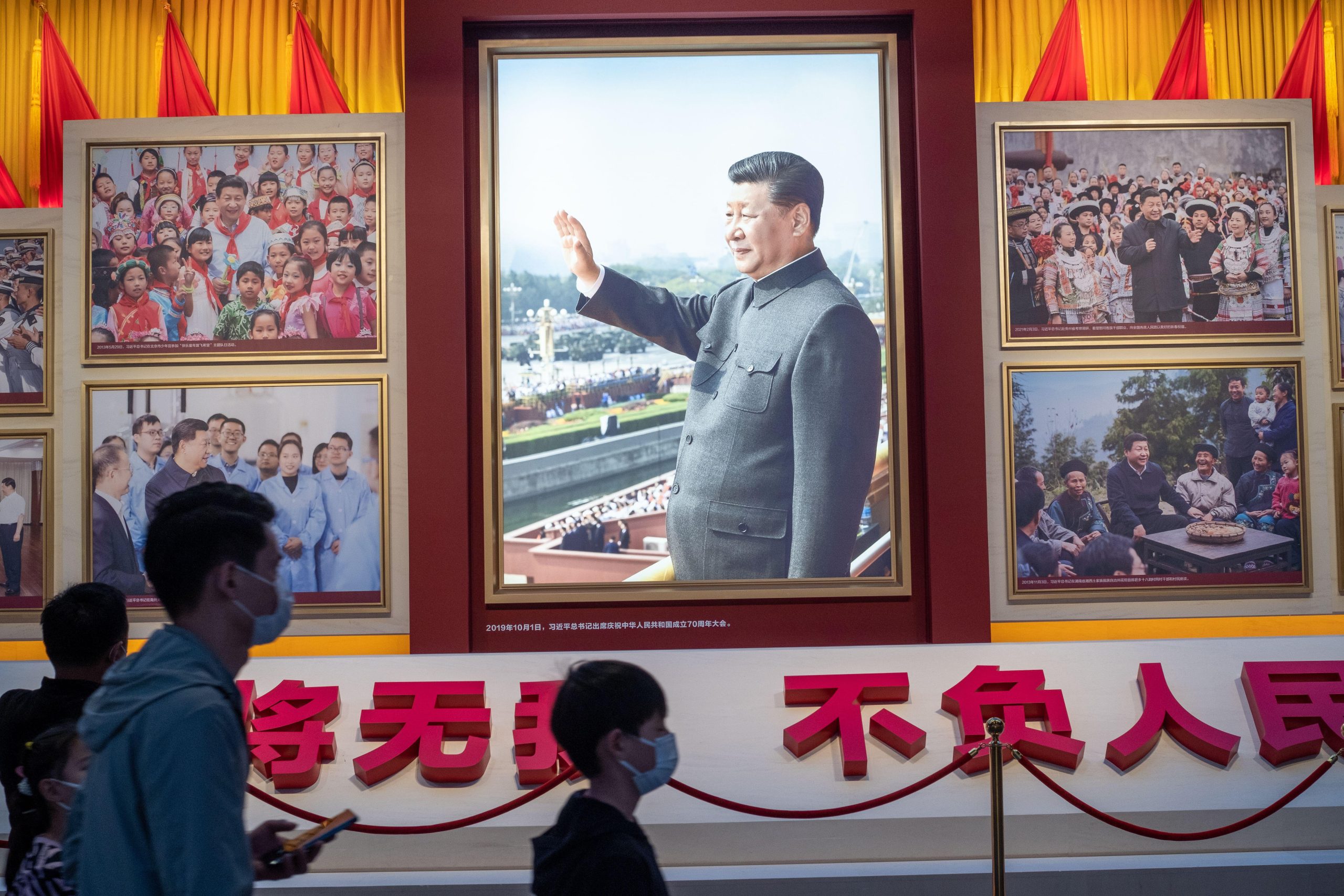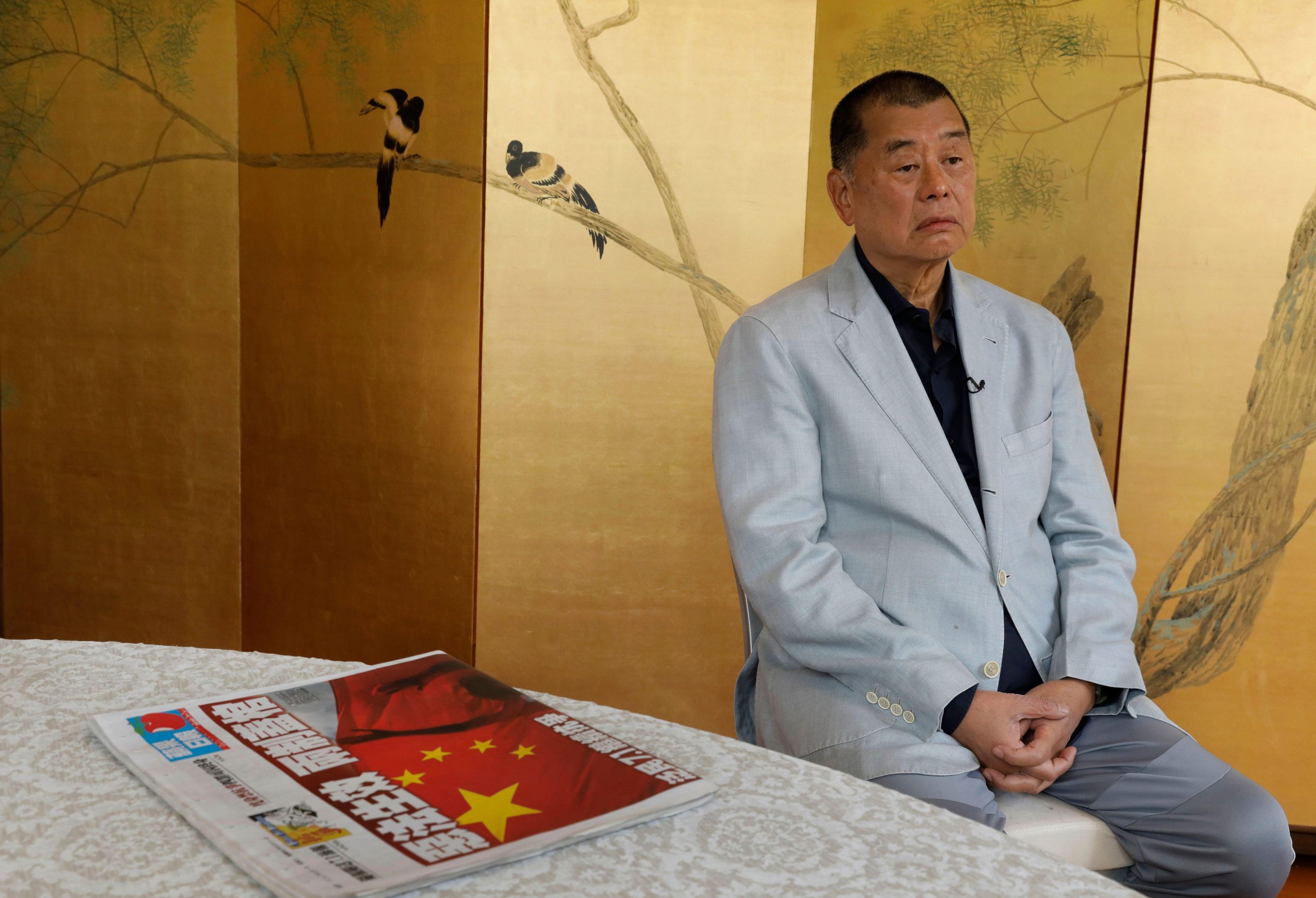Haiti has played on my mind for months, not least since reading a piece in the Miami Herald in June about people being beheaded in a church. That level of violence will always make one sit up but what really got to me were the perpetrators. It was not at the hands of the infamous gangs – it was at the hands of so-called self-defence brigades set up to fight the gangs. At the time of reading this I was surprised the story wasn’t more widely covered. I mostly put it down to one simple fact – a challenge we are all too familiar with – distraction by other world events. I’ve now done some digging and it’s more than that.
Today Haiti is facing an intense crisis, or “total chaos” as the UN has described it. They’re led by a coalition set up almost two years ago to offer stability after the former prime minister, Ariel Henry, was ousted. Except the coalition is deemed dysfunctional and useless. A network of gangs control swathes of the country, a main spokesman for the largest being the ominously named Jimmy “Barbecue” Chérizier (Barbecue is in fact simply a reference to his mother’s food stall). The gangs run many of the roads, a convenient way to tax people using them and grow rich in so doing. The country’s main airport, in the capital Port-au-Prince, is effectively closed after several planes were shot at. A patchwork of counter militia have emerged who rival the gangs in violence. Thousands have been killed, millions displaced, starvation is rife, as is rape.
Given the violence, alongside the logistical challenges of getting in and out of the country and travelling internally, international media have largely stayed away. This is a big frustration for Michael Deibert, an author, journalist and Index contributor, who is rare in actually still visiting (and will be writing more in-depth for Index on this). He has been reporting from Haiti for decades and was last there in July. While he recognised the extreme difficulties for foreign correspondents, he did nevertheless stress that they needed to be there. As an aside Deibert also told me that he regularly receives videos of gang atrocities.
Deibert’s point about the absence of foreign media is made all the more important because local journalists are struggling to report the story. They are terrified of both sides – the gangs and militia – and speaking to either in the interests of impartial journalism risks them being deemed a “collaborator”. Meanwhile even seemingly neutral areas to cover, like the reopening of a hospital, have led to the death of several of their own.
The violence isn’t just about silencing the messenger, it’s about the message: A viral video of someone being murdered, the ringing sounds of gunshots in the distance, a woman raped in the open – these make people incredibly cautious about speaking out lest they’re next. The UN might describe the scenes in Haiti as “total chaos” but they’re also ones motivated by total control.

